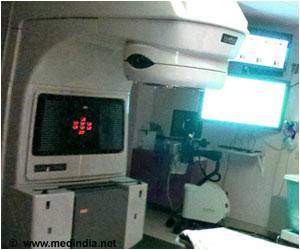Those with vision impairment, intellectual disability or spinal cord injury less likely to be screened.

‘Colorectal cancer is the second leading cause of cancer deaths in the U.S. However, almost 60 percent of these deaths could be prevented if people ages 50 years or older received routine screenings.’





"Colorectal cancer is the second leading cause of cancer deaths in the U.S.," said Chelsea Deroche, Ph.D., assistant professor of biostatistics in the MU Department of Health Management and Informatics and in the Biostatistics and Research Design Unit. "However, almost 60 percent of these deaths could be prevented if people ages 50 years or older received routine screenings. When studying adherence rates to recommended screenings, we found that individuals with blindness or low vision, an intellectual disability or a spinal cord injury are less likely to receive screenings than those without these disabilities." The U.S. Preventive Services Task Force currently recommends that individuals ages 50 to 75 be screened by one of the following methods:
fecal occult blood test every year;
sigmoidoscopy every five years, plus a fecal occult blood test every three years; or
colonoscopy every 10 years.
Advertisement
About 48 percent of the general population reported receiving routine screenings, compared to 34 percent of individuals with an intellectual disability, 44 percent of individuals with spinal cord injuries and 46 percent of individuals with blindness or low vision.
Advertisement
Source-Eurekalert














